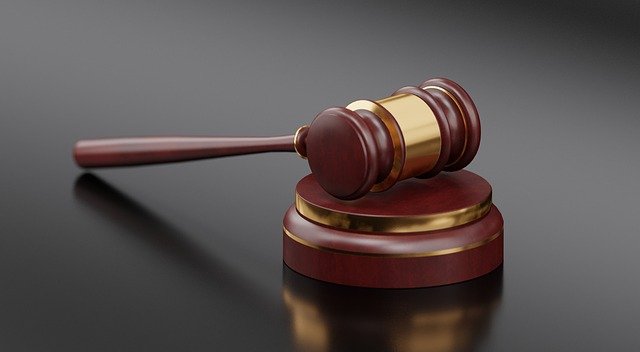Crossover Cases: When Multiple Parties Share Liability
Image by 3D Animation Production Company from Pixabay
Multiple parties may be responsible when a person is injured in the course of employment, making it possible for him or her to pursue a crossover case. Crossover cases combine workers’ compensation and personal injury claims. They are under-pursued because of the common misconception that when a worker is injured on the job, the workers’ compensation system is the only remedy. The information below sheds more light on crossover cases.
What are Crossover Cases?
Crossover cases, sometimes referred to as third-party liability claims, occur when multiple parties cause work injuries. Workers can, therefore, pursue compensation from their employers as well as one or more additional negligent parties.
Workers’ compensation covers medical expenses and financial losses like lost wages during the recovery period. In personal injury claims, people can pursue compensation for non-monetary damages, such as emotional trauma and pain and suffering. In crossover cases, workers can file concurrent but separate injury claims to seek both kinds of compensation.
Recognizing Potential Crossover Cases
Situations that can be a basis for viable crossover cases include:
Multi-Employer Worksite
Crossover injuries commonly occur when injuries are sustained in workplace environments where two or more employers work close to each other, such as industrial workplaces, construction projects, and joint operations between several companies. When a person is injured by the negligent actions of parties other than his or her employer, he or she can pursue a workers’ compensation case because of sustaining injuries while on the job and a personal injury case against the other at-fault parties.
Premises Liability Cases
A crossover case can arise where a person is working on private property not owned by his or her employer and suffers an injury. For example, an employee may be delivering goods to a place, and he or she slips on a slippery surface and sustains an injury. If the surface was wet and left without any warning sign after being cleaned, the employee can have a personal injury claim against the business.
Product Liability Cases
Being injured by defective equipment or products while acting in the scope and course of one’s employment can be a basis for a crossover case. The defective products can include:
- Safety equipment
- Industrial equipment
- Automobiles
- Warehouse vehicles
- Consumer products
Motor Vehicle Accidents
When a person is involved in a motor vehicle accident while on the job, he or she can pursue his or her workers’ compensation claim and a third-party claim against the parties involved in the accident. For instance, if a person sustains injuries in a rideshare accident, he or she may be entitled to receive workers’ compensation benefits as well as recover compensation from the rideshare company’s commercial liability insurance.
Handling Crossover Cases
Navigating crossover cases can be challenging for injured victims because of issues that may arise, such as an insurance dispute. Attorneys help victims investigate the circumstances of their accidents and be well prepared to seek full compensation.
Because of the differences between workers’ compensation and personal injury cases, crossover cases usually involve two sets of attorneys. The attorneys usually work together to find ways to best navigate through the third-party case and workers’ compensation system to benefit the victims.
Victims are required to document all their injuries, complaints, and needs to allow themselves to make the most of the care entitled to them. If victims are not receiving enough care and evaluation, attorneys will be better placed to help get further evaluation.
In crossover cases, attorneys remain closely involved with each other to best position a person’s crossover case with regard to how and when the workers’ compensation and personal injury cases are resolved to maximize the person’s recovery

